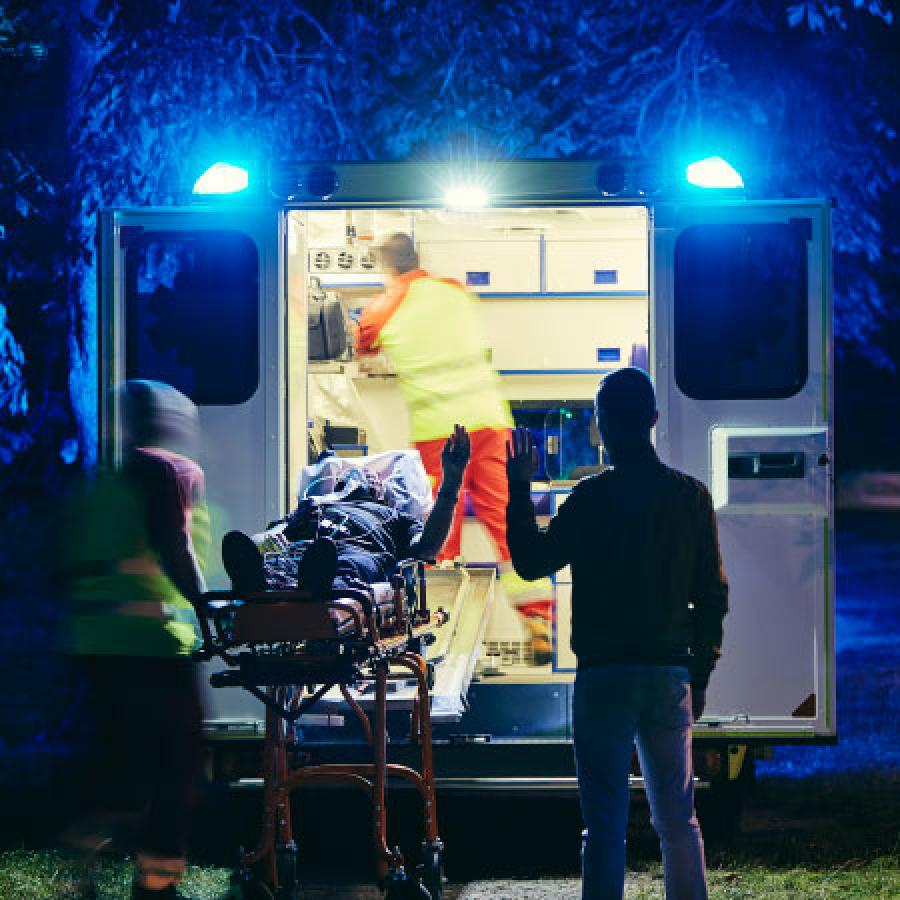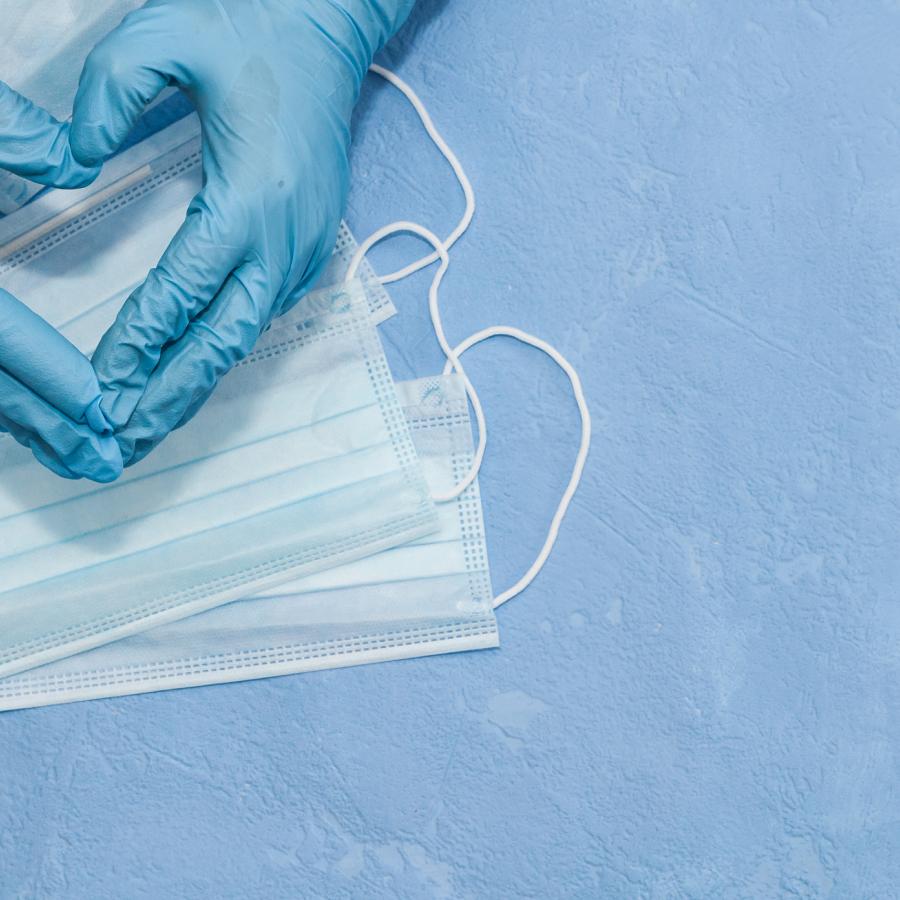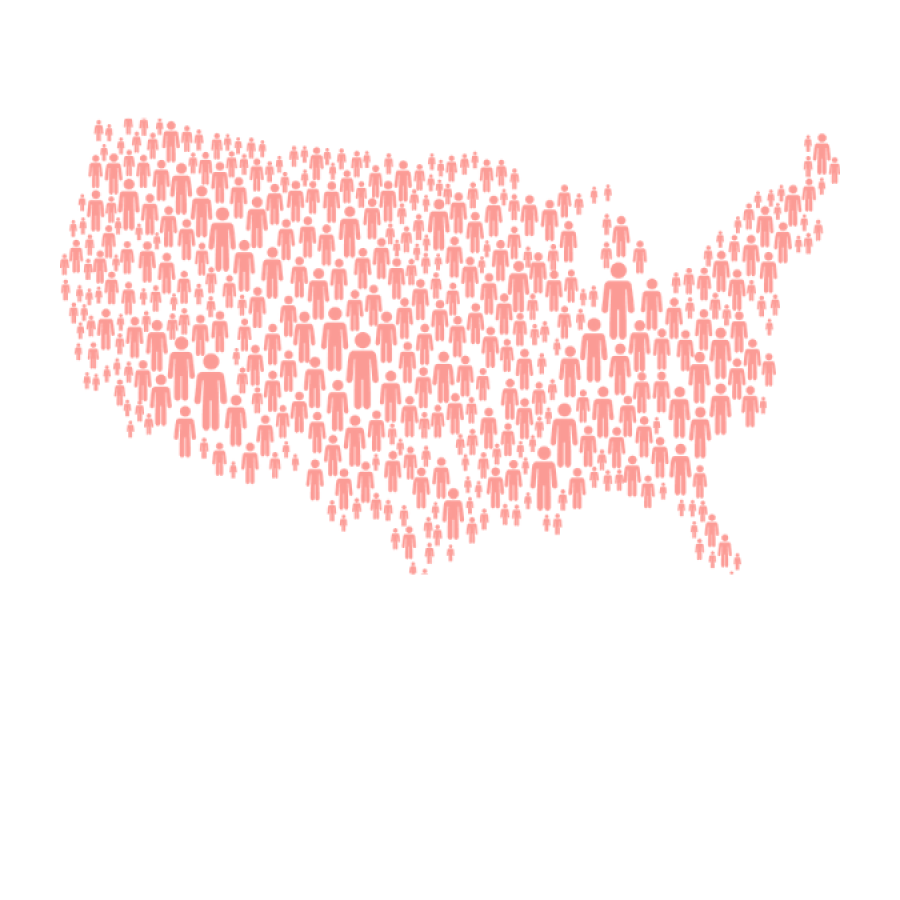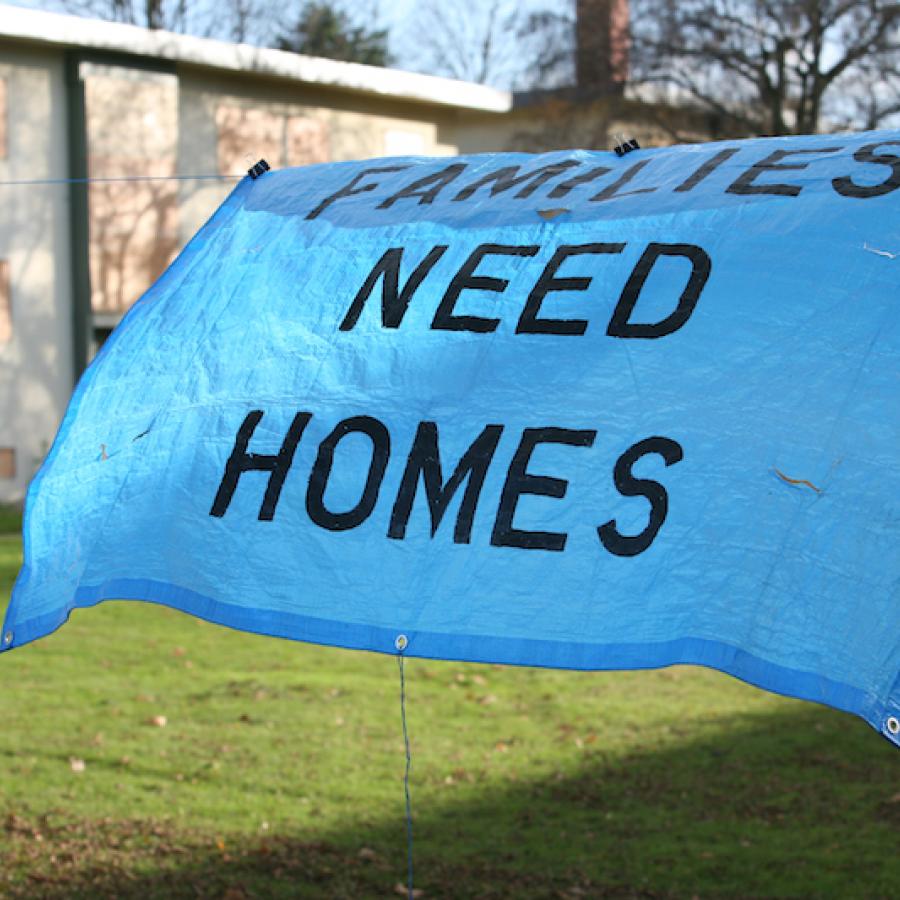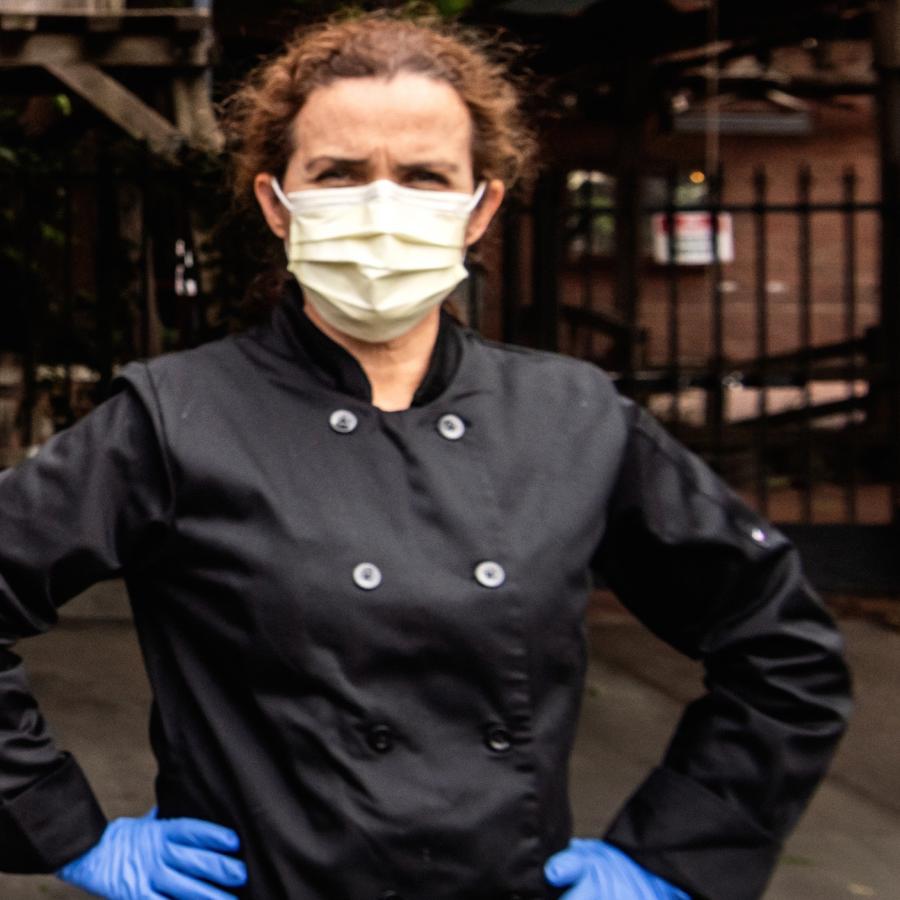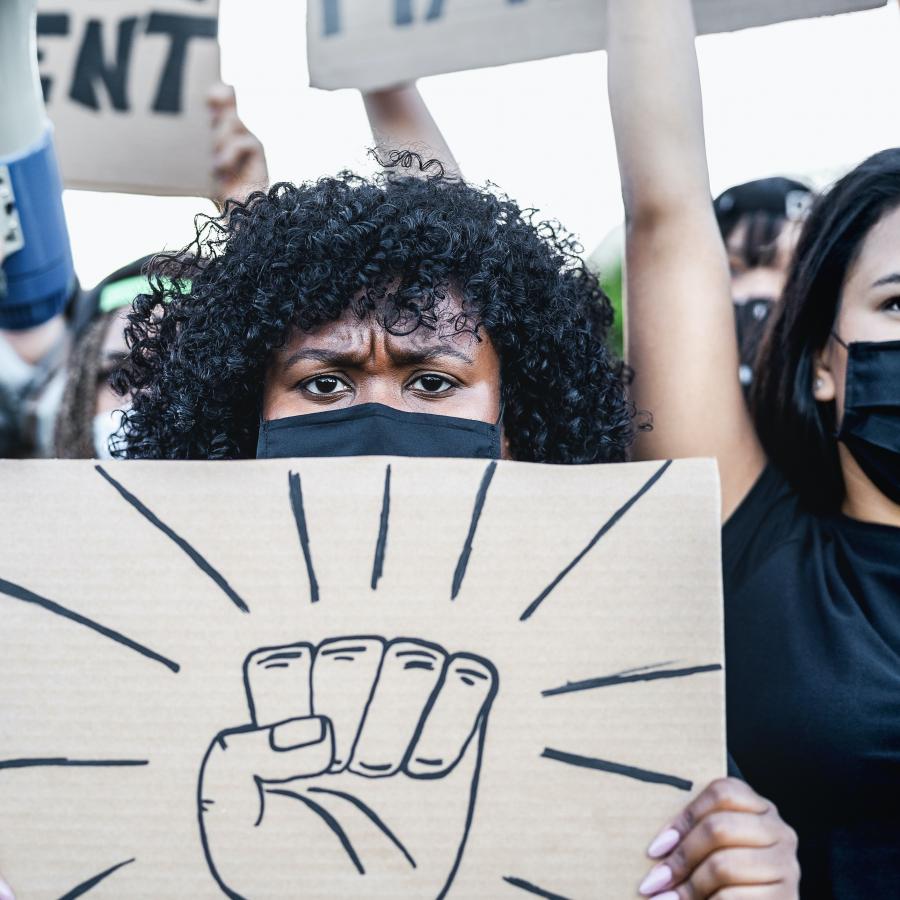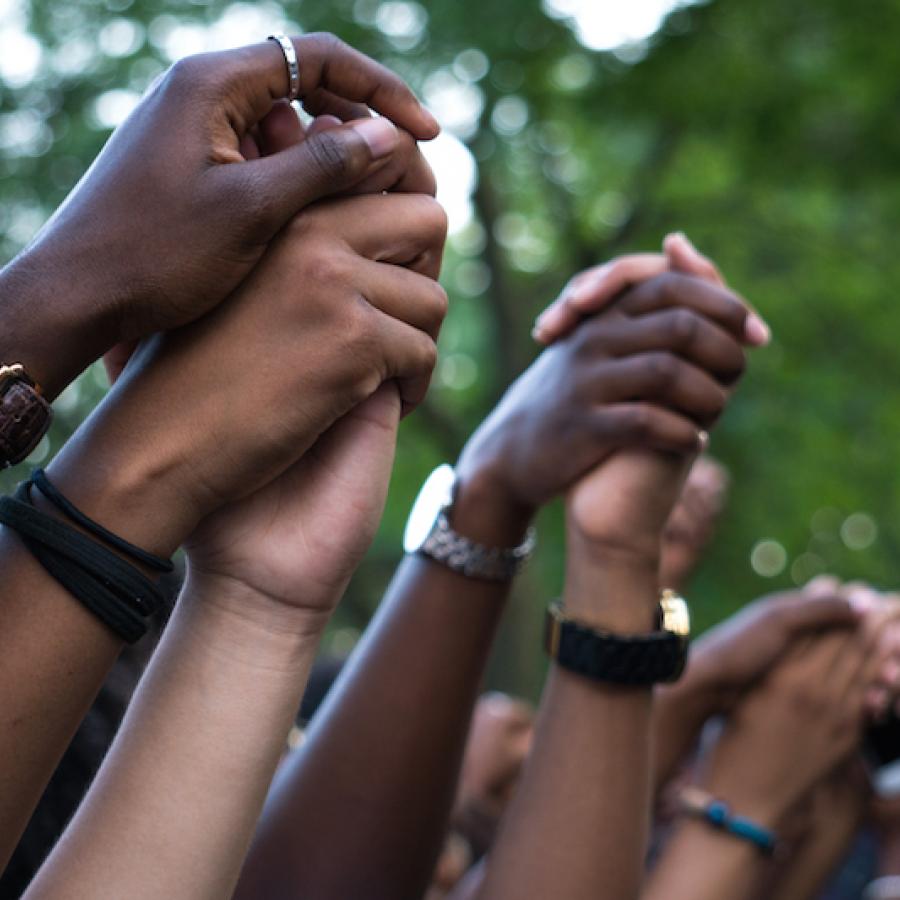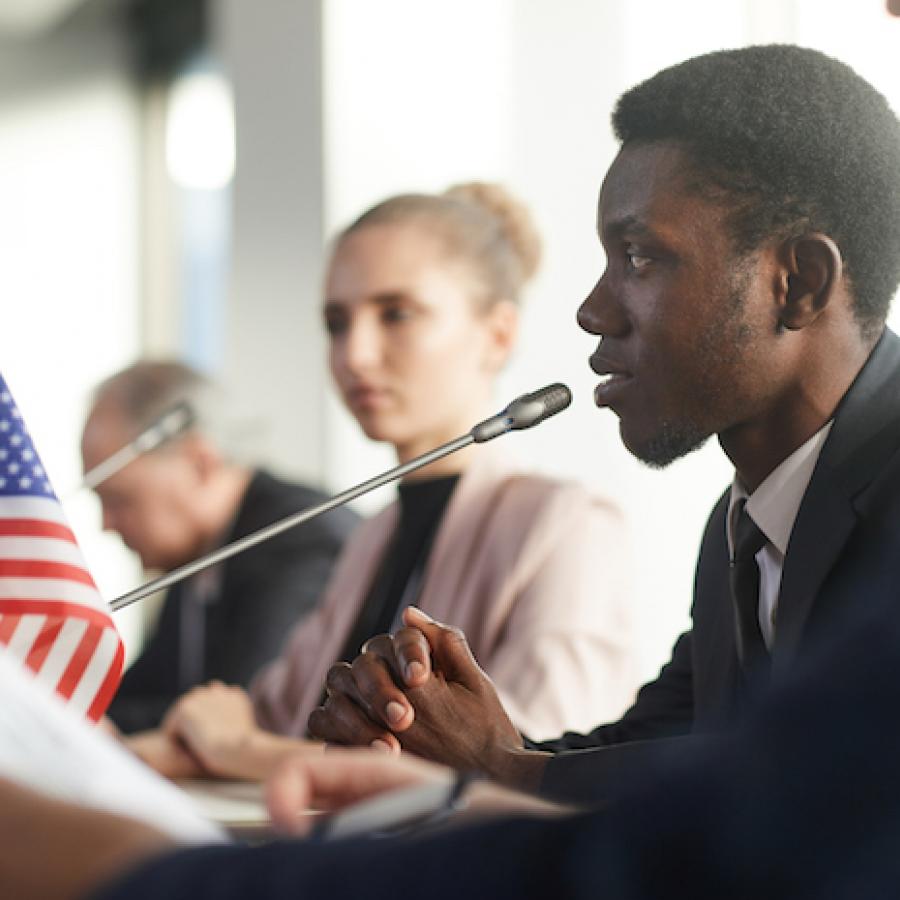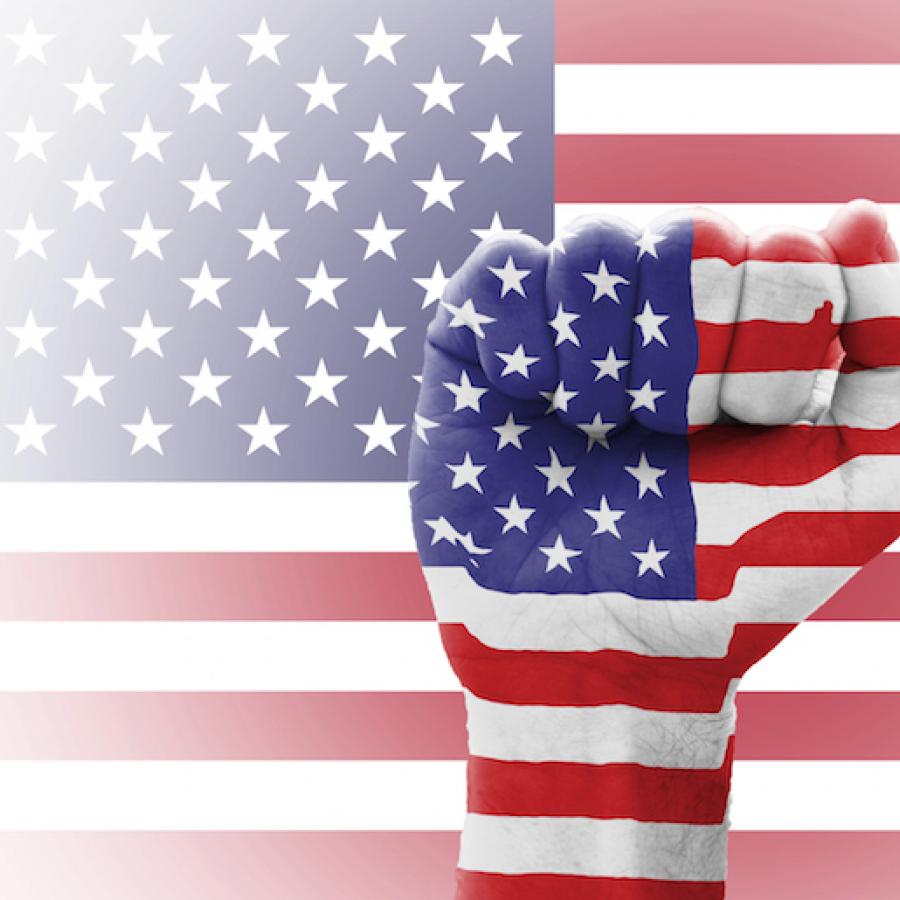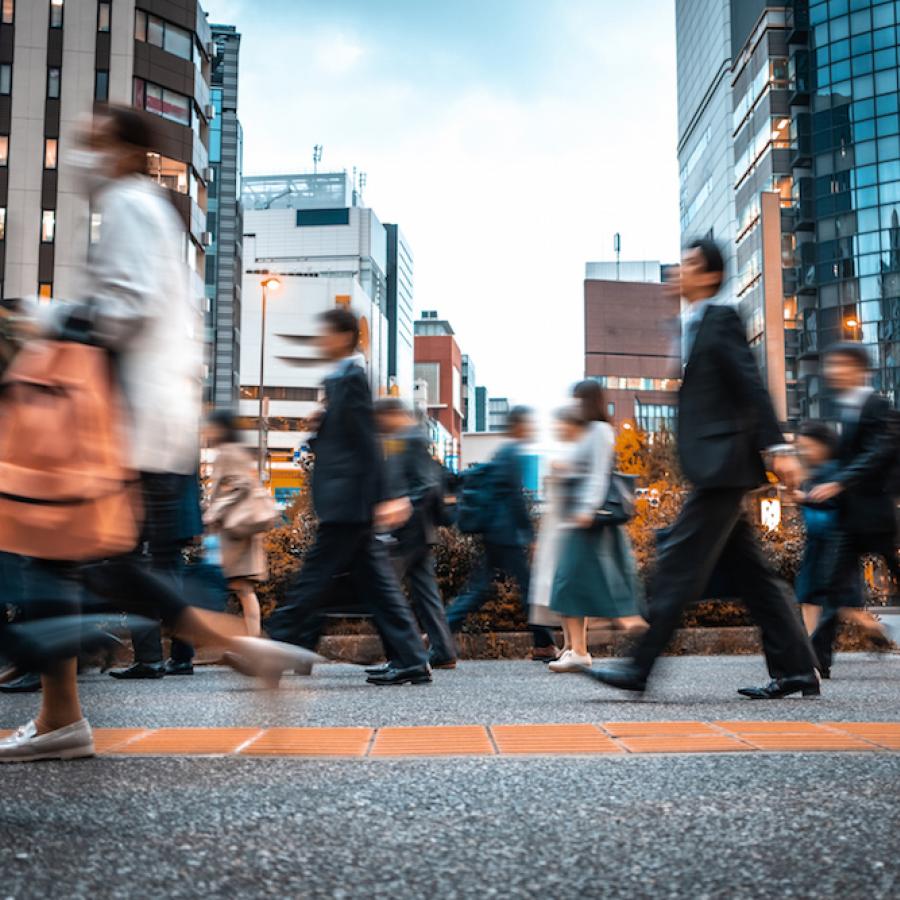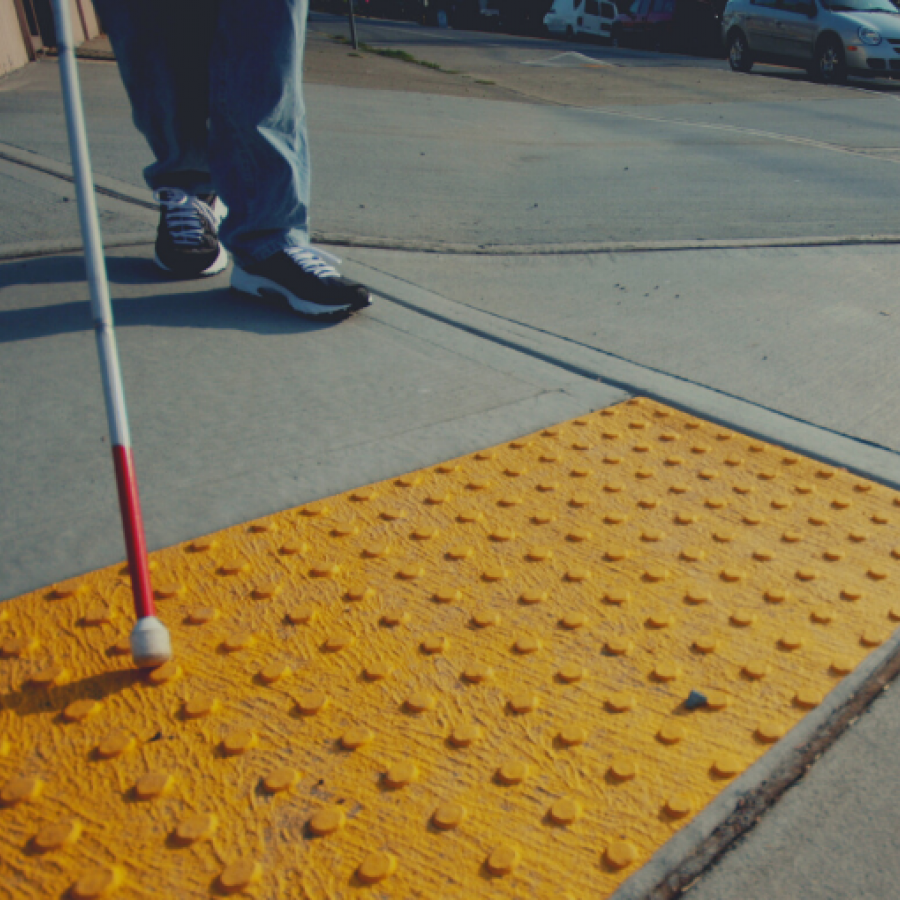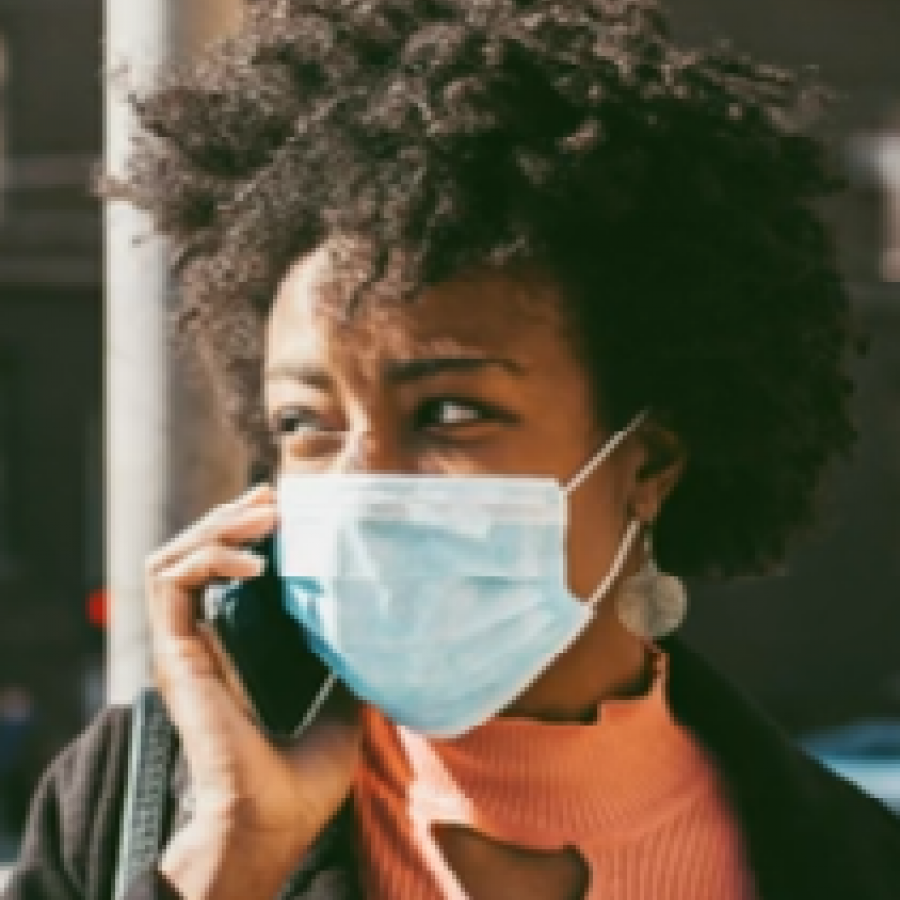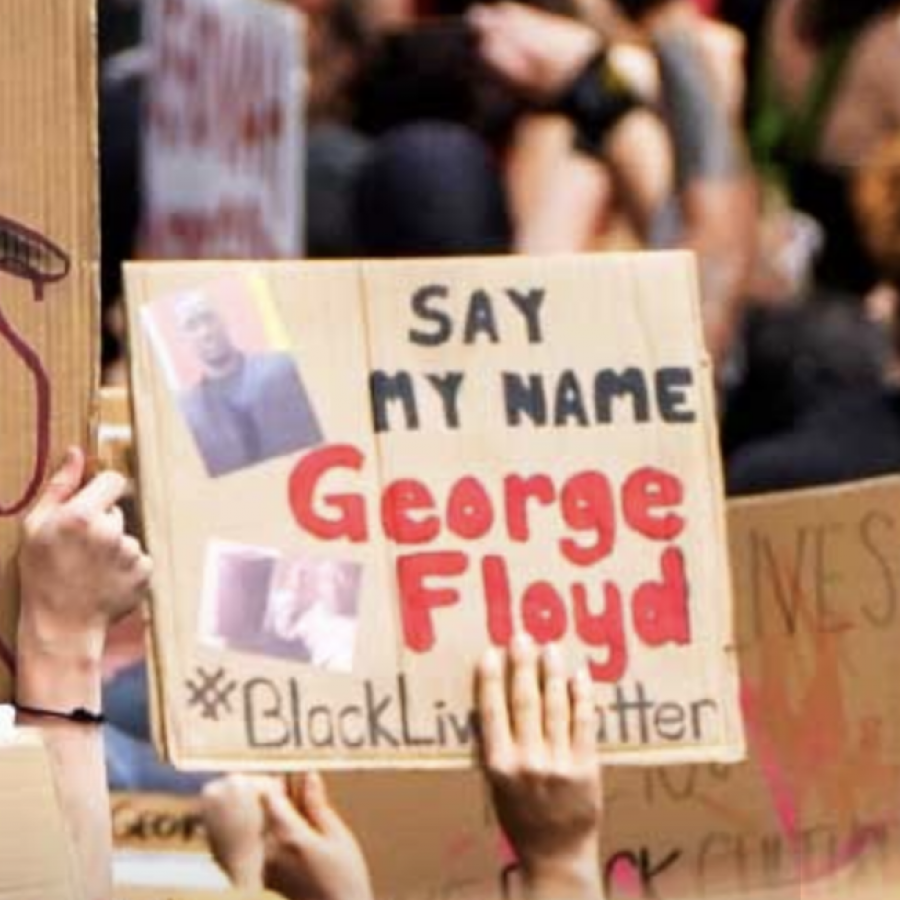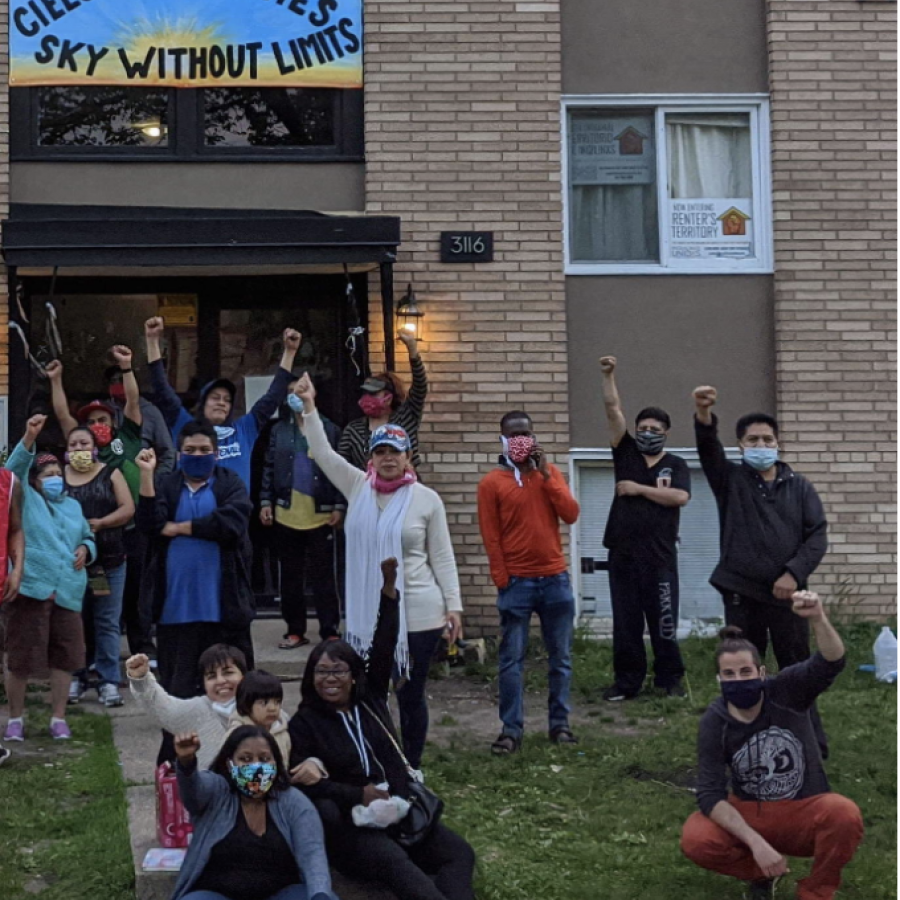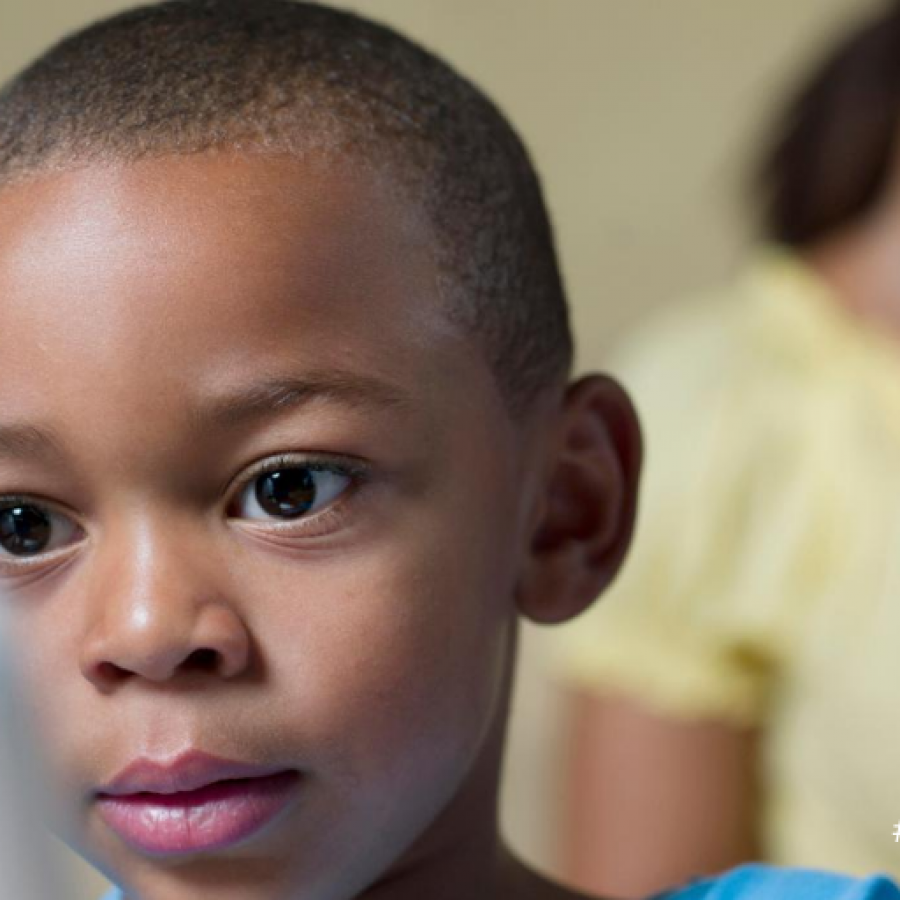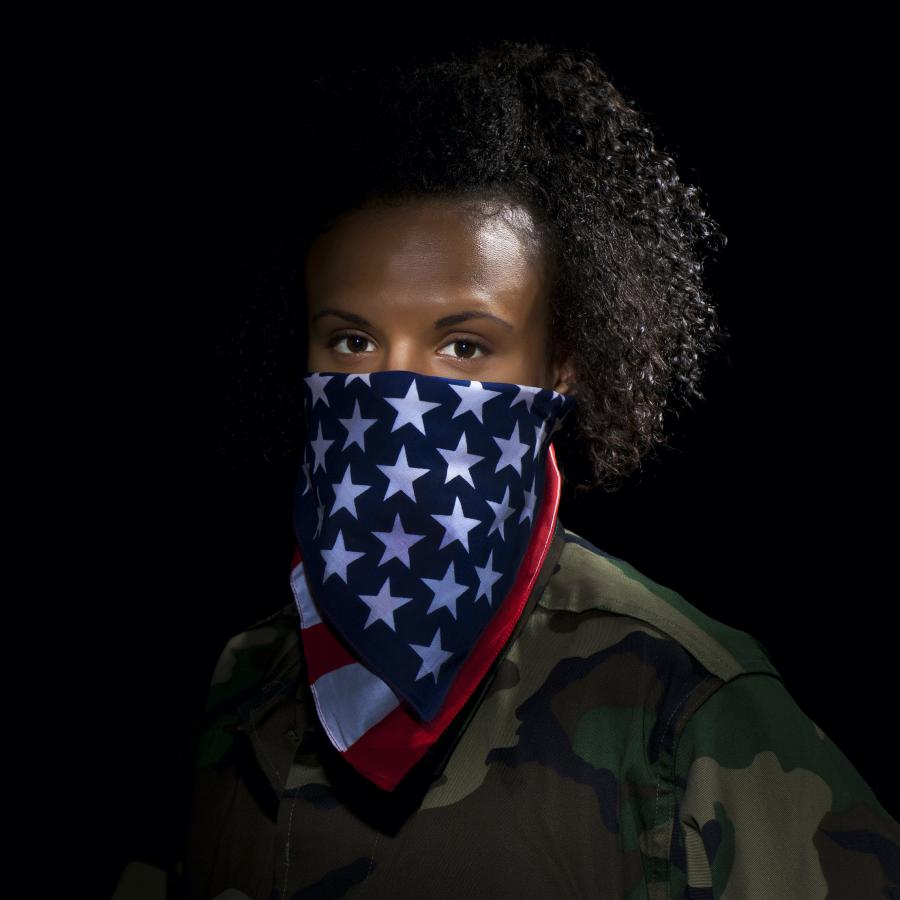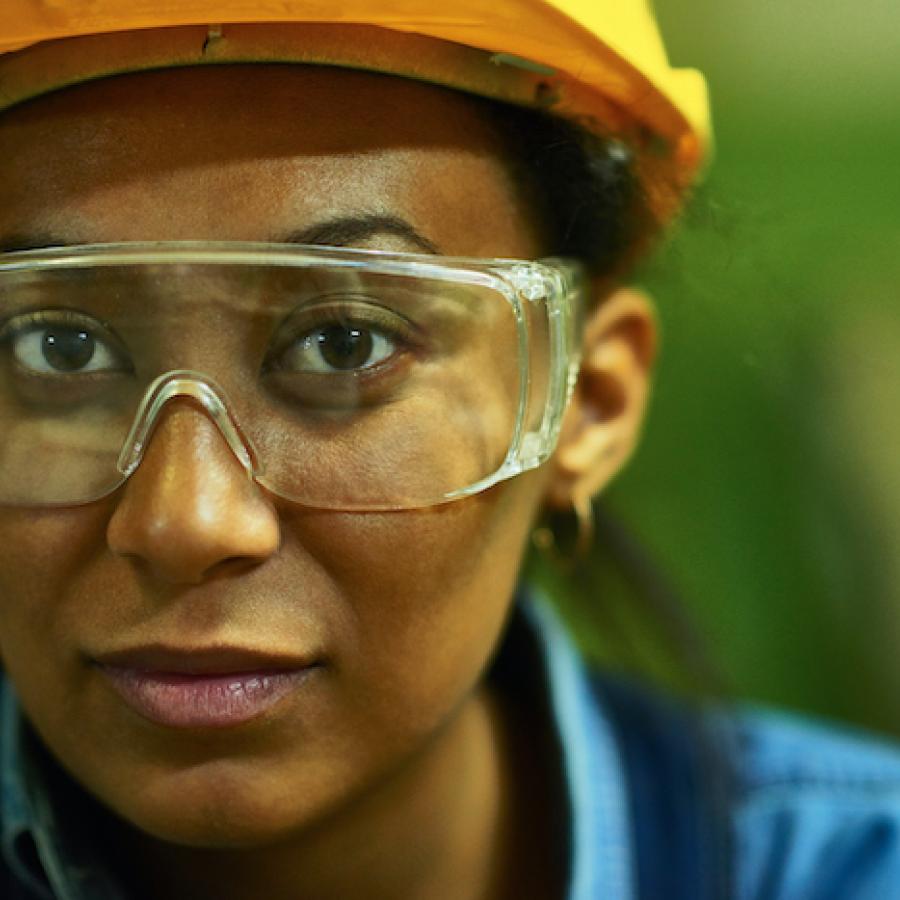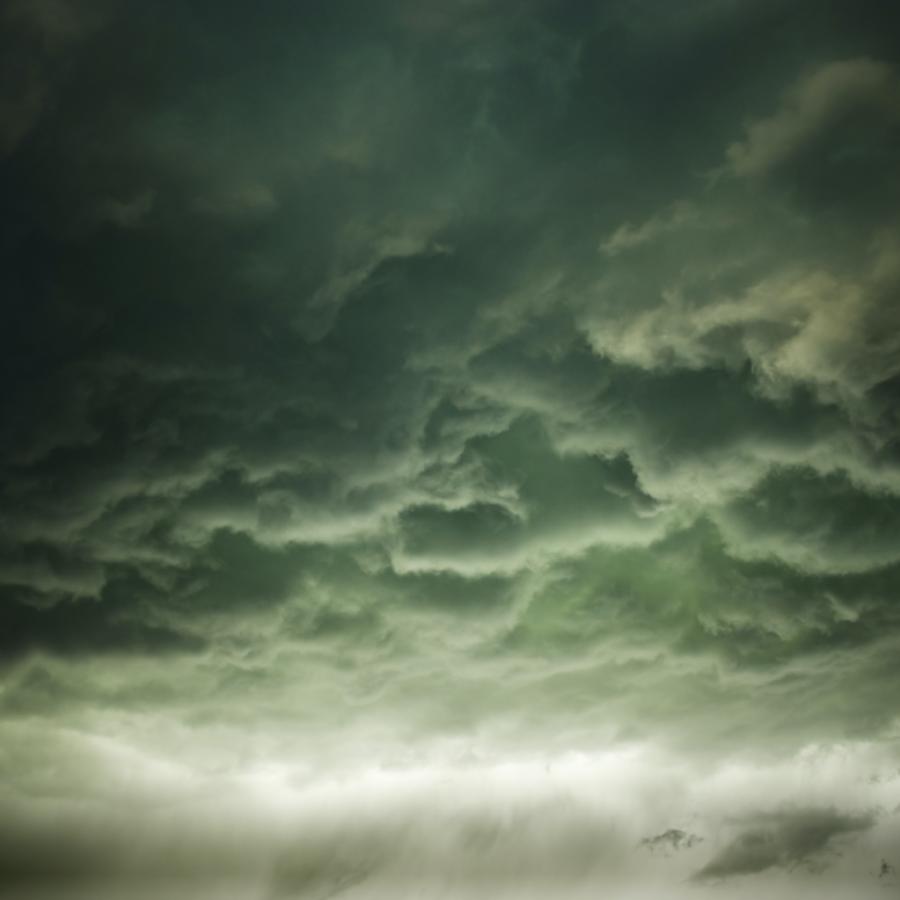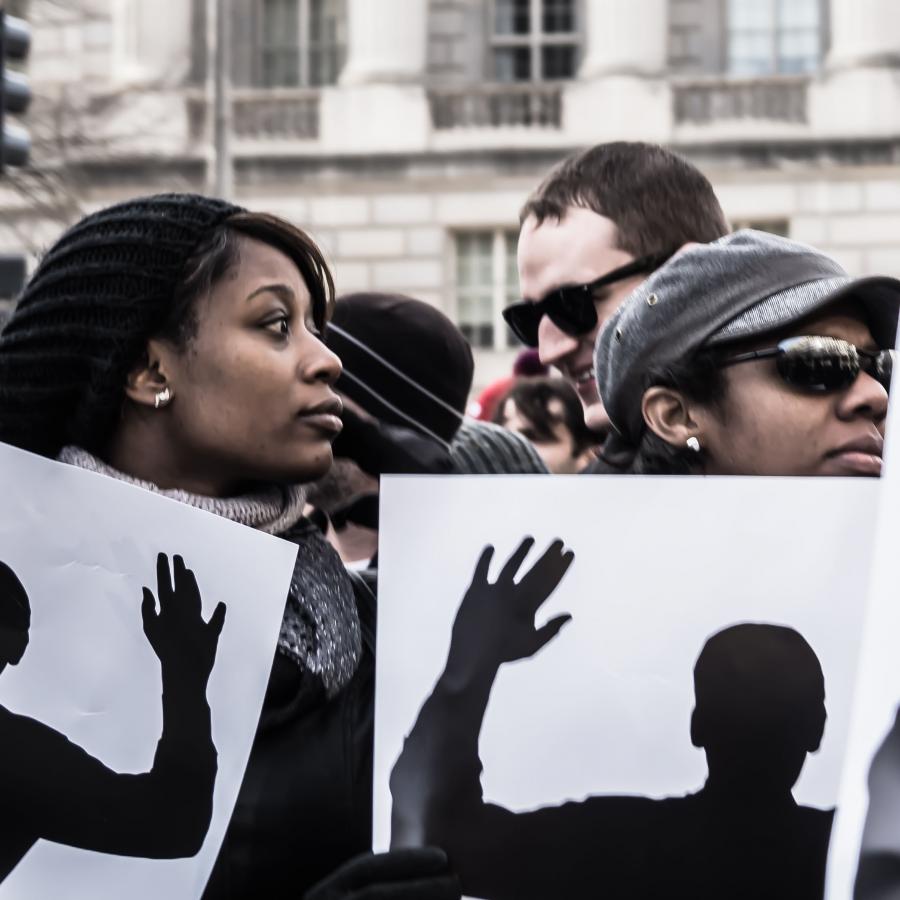Gateway to Economic Liberation, what the Eastern Band Cherokee Indians can teach the US about pandemic response, and philanthropy faces a racial reckoning, in this week’s Covid, Race, and the Revolution.
Issue No 23. September 16, 2020
Gateway to Economic Liberation
By Solana Rice, Mia Birdsong, Tara Raghuveer, Jess Morales Rocketto, Sarah Treuhaft, and Natalie Foster
Early in the pandemic, author Arundhati Roy artfully suggested that we are at a “portal moment” — a time when we should seriously consider what vestiges of racism, white supremacy, and racial capitalism this nation is taking through to the other side.
Ideas that looked radical in the eyes of many merely a year ago are now seen as practical responses to the urgent problems facing our nation. Releasing people from prison is no longer the work only of abolitionists — it is (and always has been) a matter of public health. The federal government providing direct payments to low- and moderate-income Americans is widely applauded as a smart way to shore up the economy. After the federal CARES act moratorium on evictions expired in July, the Centers for Disease Control picked up the mantle to protect an estimated 40 million people by issuing its own moratorium to protect public health. The governor of Kentucky declared that all Black people needed to have health care, a clear statement that health care should be a right.
To be clear, the nation could and should have done these things without the pandemic. But now we have the opportunity to resist going back to normal — a ballooning racial wealth gap, extreme income inequality, extremely high rents. Bold policies that center the economic liberation of all people of color are possible. These policies ensure all have their basic needs met, find safety and security, and are valued and compensated.
We could be at a gateway to a set of guarantees — basic economic rights that promote economic liberation and reject harmful notions of deservedness, austerity, and the profitability of exclusion, theft, and exploitation of people of color. National government guarantees — to health care, housing, income, employment, family care, free college, and intergenerational wealth — take the reins of our collective security away from private and corporate interests and place control into a more democratic and public sphere. An idea for a suite of economic rights is not new. Franklin Roosevelt included an Economic Bill of Rights in his 1944 State of the Union address. Martin Luther King Jr. and the Poor People’s Campaign as well as the Black Panthers picked up that mantle 20-plus years later.
None of these guarantees, by itself, will deliver economic liberation. But in concert, the guarantees could not only usher in economic stability broadly, but also put the nation on the road to addressing racism and capitalism and ending the power of corporations to profit from the oppression of people of color. We also recognize that climate impacts — particularly the fact that communities of color suffer more from climate change — must be prioritized throughout all of these recommendations.
Universal health care would not have prevented this pandemic, but it certainly would make access to health care more affordable and readily available to people of color. Proposals like Medicare for All would replace almost all private insurance with a public plan without premiums and little to no cost sharing (co-payments) for prescription drugs. Medicare for All would also make critical coordination much easier in the midst of a pandemic.
Guaranteed income or basic income is an income floor through which no one can fall. In March, $1,200 checks were sent to individuals, with additional money to families with children, in hopes of smoothing the instability and uncertainty of the time. Proposals for guaranteed income suggest monthly payments ranging from $500 to $2,000 for individuals (more for those with children) making below a designated income threshold. Truly inclusive proposals do not have work requirements or citizenship requirements and do not necessarily replace our current public benefits system. Mayors across the nation are committing to a guaranteed income, and demonstrations of a guaranteed income that were underway before the pandemic are reporting that participating families felt less stress and hunger and are better able to navigate the pandemic because of the money they receive.
Guaranteed jobs would not only address our new pandemic reality, but also reduce systemic racialized unemployment in the economy and set a new, higher standard for wages, hours, and benefits. A federal job guarantee would provide public jobs with living wages, full benefits, and full worker rights to every person seeking work. Projects would address longstanding needs such as infrastructure improvements, disaster preparedness, and efforts to fight climate change — critical needs not being filled by private sector interests. Local communities would establish their job needs and administer the federally supported program. Learn more at www.jobguaranteenow.org.
A guarantee to a home is a new proposal, developed by People’s Action in response to their members. The Homes Guarantee calls for 12 million units of social housing that is permanently off the market, reaches more people than just the very low-income, and essentially provides a public option for housing. The guarantee would also clear the backlog of repairs for the existing 1.1 million units of public housing, protect renters from unfair evictions, and support homeowners in foreclosure. This set of policies directly challenges American notions of housing as a commodity, puts an end to the “inevitability” of homelessness, and repositions housing as a right. Learn more at: https://homesguarantee.com/.
A guarantee for family care would loosen the private sector’s stranglehold on families’ well-being by creating a national insurance fund for universal paid family and medical leave, early childcare and education, and long-term services for the elderly and people with disabilities. Care is largely undercompensated — the historical underpinnings of devaluing the domestic economy are rooted in gendered and racial discrimination — and our systems of care are failing. Combining these programs gives families the assurance that they can take the time and have the support they need to give and receive care at all stages of life. Demanding the prioritization and integration of a care agenda, one that includes universal family care, from our elected officials and progressive platforms is one way to realize this guarantee. To learn more, visit https://careinaction.us/.
Debt-free college proposals covering the entire cost of college, not just tuition, would help address barriers that young people face in establishing an ownership stake in this economy. This is particularly critical as Black and Brown students are entering college with less wealth, accumulating more debt in college, and more likely to face discrimination after graduating that curbs their ability to repay debt. This is not unprecedented; many public universities and several private institutions were tuition-free upon their founding. This proposal goes a step further to ensure that a federal policy oversees tuition AND the cost of going to college.
Intergenerational wealth is another proposal to ensure that Black and Brown people are likely to enter into adulthood in a much better financial position than their parents. Proposals for what are called baby bonds establish an endowment in the US Treasury for every baby born in the US, to be used after the age of 18 for an asset like education, a home, or a business. Low-wealth or low-income families would receive a larger endowment.
The global pandemic threatens to permanently eliminate jobs from the US economy and keep unemployment at an all-time high for a long time, especially for Black, Latinx and Indigenous people. It is clear we should no longer depend on corporations’ goodwill and worker “benefits” to ensure that all people of color have their basic needs met, find safety and security, and are valued, and compensated. None of these ideas are pipe dreams, they all have precedent. Yes, they are expensive. The cost of not doing these things is even more expensive. Funding these transformations is simply the price of realizing our American ideals and achieving the economic liberation of people of color.
For a great conversation on these guarantees, check out this Netroots Nation panel where we discuss the contours of these proposals, advances we’re seeing across the nation, and ways to dispel rebuttals. Solana Rice is Co-Founder and Co-Executive Director of Liberation in a Generation, incubated at PolicyLink. Mia Birdsong is a Senior Fellow with the Economic Security Project, host of the More Than Enough podcast, and author of How We Show Up. Tara Raghuveer is the Homes Guarantee Campaign Director at People’s Action and Co-Founder of KC Tenants. Sarah Treuhaft is Vice President of Research at PolicyLink. Jess Morales Rocketto is the Civic Engagement Director with the National Domestic Workers Alliance. Natalie Foster is Co-Chair and Co-Founder of the Economic Security Project.
News, Analysis, and Commentary, Curated from Around the Web
The wildfires ravaging the West lay bare the devastating interplay of Covid, race, and environmental injustice. Huge swaths of California, Oregon, and Washington are choked by the worst air quality in the world, according to local news reports, increasing the health risks for people of color and other vulnerable groups who are already more likely to live in places where the air is always dirty — and already more likely to be struck by Covid. While hundreds of thousands of Oregon residents fled, vineyard workers — mostly undocumented immigrants — continued working under hazardous smokey skies, the Statesman Journal reports. Almost nobody had N95 masks and respirators to filter the toxic particles released by fire. Almost overnight, the state’s prison system, which logged 1,600 Covid-19 cases over the past three months, moved so many people out of prisons threatened by fire and into already-overcrowded facilities that a vicious coronavirus outbreak seems all but inevitable, the New York Times writes. “No matter which way you turn there’s something waiting,” Rasheed Stanley-Lockhart, who was released from prison in January and now works for the nonprofit Planting Justice, told the paper. “Turn here, there’s Covid. Turn here, there’s the fires. You turn here, there’s mass incarceration as a whole.”
Covid death rates are higher in places with bad air pollution, according to a newly published study of the roughly 3,100 counties in the US, conducted before the wildfires. Last year, the Union of Concerned Scientists reported that Asian Americans, Latinx, and African Americans live with far more lung-damaging air pollution, compared with other demographic groups.
Latinx, Black, and Native American children are dying of the coronavirus in much higher numbers than White children, accounting for more than three-quarters of the 121 Covid-related deaths in people under 21 between February and July, according to federal statistics released Tuesday. More than 390,000 children and teens have tested positive.
As the pandemic drags on in the US, with more than 6.5 million cases and 195,000 confirmed deaths as of Tuesday, the country is trapped in a spiral and making the same errors that have undermined an effective response all along, Ed Yong writes in The Atlantic. “This country could use measures that other nations did, to great effect: close nonessential businesses and spaces that allow crowds to congregate indoors; improve ventilation; encourage mask use; test widely to identify contagious people; trace their contacts; help them isolate themselves; and provide a social safety net so that people can protect others without sacrificing their livelihood. None of these other nations did everything, but all did enough things right—and did them simultaneously.” The US, by contrast, has steadfastly resisted a comprehensive, sustained strategy.
The ever-mounting Covid toll has increased pressure to develop a vaccine. While drug companies are moving forward at unprecedented speed and said they prioritized the inclusion of diverse volunteers in clinical trials, targeted recruitment has lagged and people of color are underrepresented in the research, NPR reports.
In a New York Times op-ed, the presidents of Howard University, Morehouse School of Medicine, Charles R. Drew University of Medicine and Science, and Meharry Medical College, call on pharmaceutical firms and the federal government to step up efforts to reach Black and Latinx volunteers, in part by expanding the trials to the two historically Black and Black-serving medical schools not currently involved and by enlisting Historically Black Colleges and Universities to do outreach and foster trust. Helene Cooper, a Black New York Times correspondent, writes of her experience as a vaccine volunteer.
Despite the recent ban on evictions by the Centers for Disease Control and Prevention, many renters are getting thrown out of their homes, as Houston Public Media reports in an NPR piece. The CDC ban has tight restrictions and bureaucratic hurdles for renters. In Houston, only one renter in 100 was able to use the ban to stop eviction.
The number of New Yorkers experiencing homelessness is at its highest since the Great Depression, and children are the largest demographic. As a result, the city has seen a 70 percent increase in unhoused public school students, a trend echoed nationwide and bound to get worse as the US braces for a wave of evictions. The New York Times profiles several children as they try to navigate brutal conditions that undermined education even before the pandemic upended the school system and further frayed the safety net.
The lack of affordable housing reinforces inequality among regions and stunts overall economic growth, but housing shortages and their consequences are not inevitable, Foreign Affairs writes. Russia has more than doubled its annual rate of house building over the past 20 years, China built the housing equivalent of two Spains or one Japan, and wealthy democracies including Germany and Switzerland have avoided many of the problems plaguing the US. Now, the escalating housing crisis creates an opportunity for federal action. “Ultimately, housing affordability is a political choice.”
Nursing home residents and staff account for about 40 percent of coronavirus deaths — some 70,000 people and rising. The federal government doesn’t provide demographic data to determine who’s at greatest risk, but a Washington Post analysis of data from 11,000 nursing homes across more than two dozen states finds the death rate was more than 20 percent higher in majority-Black facilities than in majority-White ones. A new study of 355 nursing homes in New York State finds that unionized facilities have fewer deaths.
A Kaiser Health News investigation reveals that dozens of nursing homes and hospitals ignored official guidelines to separate Covid patients from those without the virus, often fueling its spread among patients and staff. Previous research documented that health-care workers of color were more likely to care for Covid patients and be given inadequate protective gear, and nearly twice as likely as White colleagues to get infected.
Writing in The Nation, journalist Sara Luterman joins a growing number of elder care advocates calling for the abolition of nursing homes and new federal reimbursement policies that support care at home.
Covid has hit the Mississippi Choctaw Band of Indians harder than any major city in the nation — and 10 times harder than the rest of Mississippi, according to the Mississippi Center for Investigative Reporting. One in 10 Choctaws served by the tribe have been infected and one in 28 have died, twice as many per capita as in New York City.
With the virus disproportionately affecting many tribal nations, young people are stepping up to serve and lead their communities. As elders die, a new generation is saying, “Now it’s our turn. It’s up to us to preserve our history, our culture, our faith, our beliefs,” 26-year-old Sarah Stevens tells Indian Country Today. Novelist Annette Saunooke Clapsaddle describes how her tribe, the Eastern Band Cherokee Indians, in North Carolina, successfully controlled the coronavirus through a comprehensive strategy of community care rooted in its value system. “Turns out sovereignty is more than government might. In order to be effective, we must self-rule for the collective benefit.”
Leaders across fields are recognizing that crisis and disruption are opportunities to accelerate transformation. The Los Angeles County Metropolitan Transportation Authority is looking into eliminating fares, something that has never been fully achieved in a large metro system worldwide, the Long Beach Post reports. “I view this as something that could change the life trajectory of millions of people and families in L.A. County,” said LA Metro CEO Phil Washington.
The California Legislature has authorized a study of reparations for more than two million African Americans in the state, CalMatters reports. The measure is awaiting the governor’s signature.
On Medium, Justice Funders presents a framework for the reinvention of institutional philanthropy — a field built on the profits of economic extraction and exploitation and rife with white supremacist and anti-Blackness practices. Guided by a vision of a just transition to a regenerative economy, the group says the transformation philanthropy needs can be facilitated by a willingness to reflect on and radically shift all the work; a commitment to support personal reflection, healing, and learning; and meaningful action to redistribute wealth and power to people and communities of color in ways that support self-determination.
Stay Covered Together, a new national public education campaign created by the Harlem Children’s Zone, aims to drive awareness about the importance of wearing masks to stay safe from Covid and protect one another. The NAACP, StriveTogether, and PolicyLink, along with respected community organizations across the country, are partners in the effort to protect communities most impacted by the devastating effects of the virus — communities challenged by poverty and economic insecurity — by enlisting everyone to play a part.
PolicyLink draws from articles, videos, interviews, and other sources across platforms, as well as from our network of equity leaders and activists, to bring you the latest information about COVID-19 and race. We offer this resource to:
- Provide easy access to information on the dual health and economic crises facing people of color;
- Put and keep racial equity at the center of our collective understanding of the pandemic and the policies needed for relief and recovery; and
- Lift up useful data and insights that can fuel equity advocacy and campaigns.
Please share with your networks and send your ideas and feedback. And follow us on Twitter, LinkedIn, Facebook and Instagram. #COVIDandRace
We hope you find the COVID-19 and Race Series an important tool for keeping up with news about the virus and its impact on communities we serve. As a non-profit organization, PolicyLink is honored to provide resources to support the needs of our nation's 100 million economically insecure individuals. Generous partners like you make our work possible.
Michael McAfee and Angela Glover Blackwell are grateful for the contributions of Fran Smith, Milly Hawk Daniel, Rachel Gichinga, Glenda Johnson, Jennifer Pinto, Heather Tamir, Ana Louie, Janet Dickerson, and Mark Jones to produce the COVID-19 & Race commentary.
